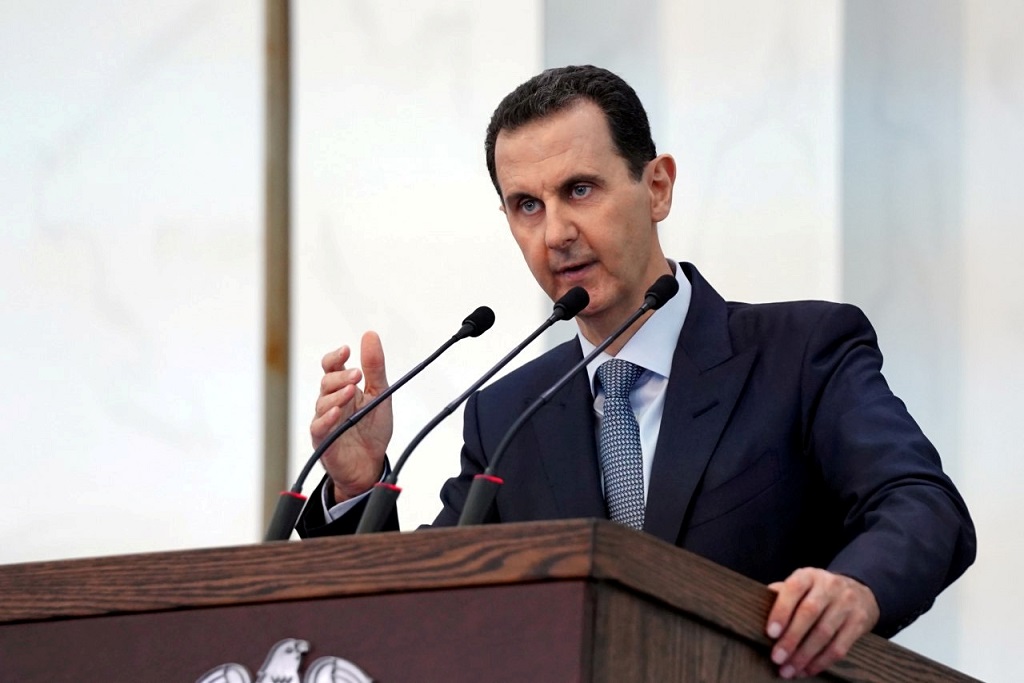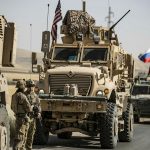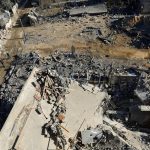The Syrian opposition has always been divided since its inception, and now, due to different views, the civil war in Syria has hit the foundations of the so-called “Syrian Coalition” and divided it into two “coalitions”. Divided; These differences are likely to widen in the future due to the apparent rift that has recently developed between the positions of Turkey and Qatar on this issue.
Faraan: A diverse set of political groups, exiled opposition, anti-government activists and armed groups have not yet been able to agree on how to overthrow Bashar al-Assad’s government.
Numerous groups have sought to form coalitions to unite the political opposition in Syria and to be recognized by the international community and thus receive financial-weapons assistance from them.
Specifically, a week ago, Turkey launched a large-scale operation against the “Syrian Coalition”, which began with the dismissal of 14 members by its leader, Salem al-Musallat. Following this action, which led to the withdrawal of the opposition, the opposition bloc considered this decision arbitrary and objected to it. Less than six days later, the ousted groups began their war against al-Mussallah and formed a new rival body, the Syrian National Coalition – Reform Movement.
The dispute between Turkey and Qatar over Syria has become apparent. Qatar did its best to overthrow the Syrian government, but on the contrary, during this long and difficult period, the world witnessed historical stability by the leader, the army and the Syrian people, and Syria was able to pass this stage of the war.
It is at this point that Ankara saw the need to begin the process of dissolving the non-Turkish coalition (whether US-backed opposition groups or even Qatar). This process led to al-Musallat’s decision to dismiss a number of members of the Syrian coalition, and at the same time led to a vote; As a result, the membership of four institutions (National Action Movement – Revolutionary Movement – National Bloc – Independent Kurdish Movement) ended.
A few months ago, Qatar tried to persuade Riyadh to return Hijab, the former Syrian prime minister. Hijab had announced a conference to unite the Syrian opposition in Qatar, but the conference turned into a “dialogue seminar”. It was because Turkey openly opposed Qatar’s efforts. Meanwhile, the leader of the “coalition” implemented Turkey’s orders in the form of non-compliance with the Qatar project and, at the same time, non-sanctions. And the leader of the “coalition” was present at the Hijab symposium formally, but in practice, he continued the process of eliminating rivals in the “coalition”.
We are well aware that Turkey’s project of a “coalition” is not in support of Astana consultations or “Constitutional Committee meetings”, but is aimed at linking political dissidents to local councils created with Turkish support in Turkish-controlled areas in Syria. According to the leaders of the Syrian opposition, the aim is to form an integrated “opposition delegation” related to Syrian territory.
As a result, Turkey will link the coalition to the government of the Hizb ut-Tahrir al-Sham (formerly the Freedom Movement of the Levant or Al-Nusra) in Idlib, led by the notorious terrorist Abu Muhammad al-Julani, who sold himself to Turkey and the United States two years ago. In doing so, his forces, with the support of Turkey, expanded their control over the outskirts of Aleppo and appeared on American television channels as a courier of peace, playing a role in the destruction of ISIS leader Abu Ibrahim al-Hashimi al-Qurashi.
The expelled members of the Syrian coalition (the original coalition and the mother coalition) turned to a new coalition. Perhaps the first coalition can now be called the “Turkey” coalition after the separation of the Ankara Line opposition.
The new coalition has two options to choose from, namely the support of Qatar or the support of Saudi Arabia. If the differences between the members of the coalitions increase, we will see the formation of the third and fourth coalitions; Because it is very clear that the cause of separation and at the same time the unity of the members of the coalitions is theft and power-seeking.
The coalition members often threaten to publish cases of corruption, theft, financial mismanagement of funds received, and the like, in addition to infamous accusations such as “mercenaries of Arab countries, Turkey, the West” and “treason.” The Syrian people are coming together, which is obvious to everyone.










